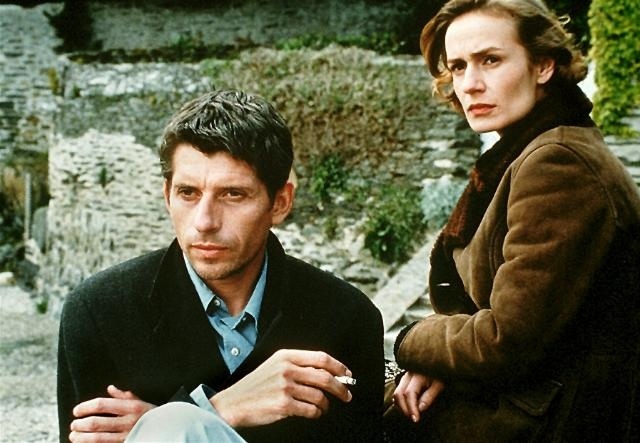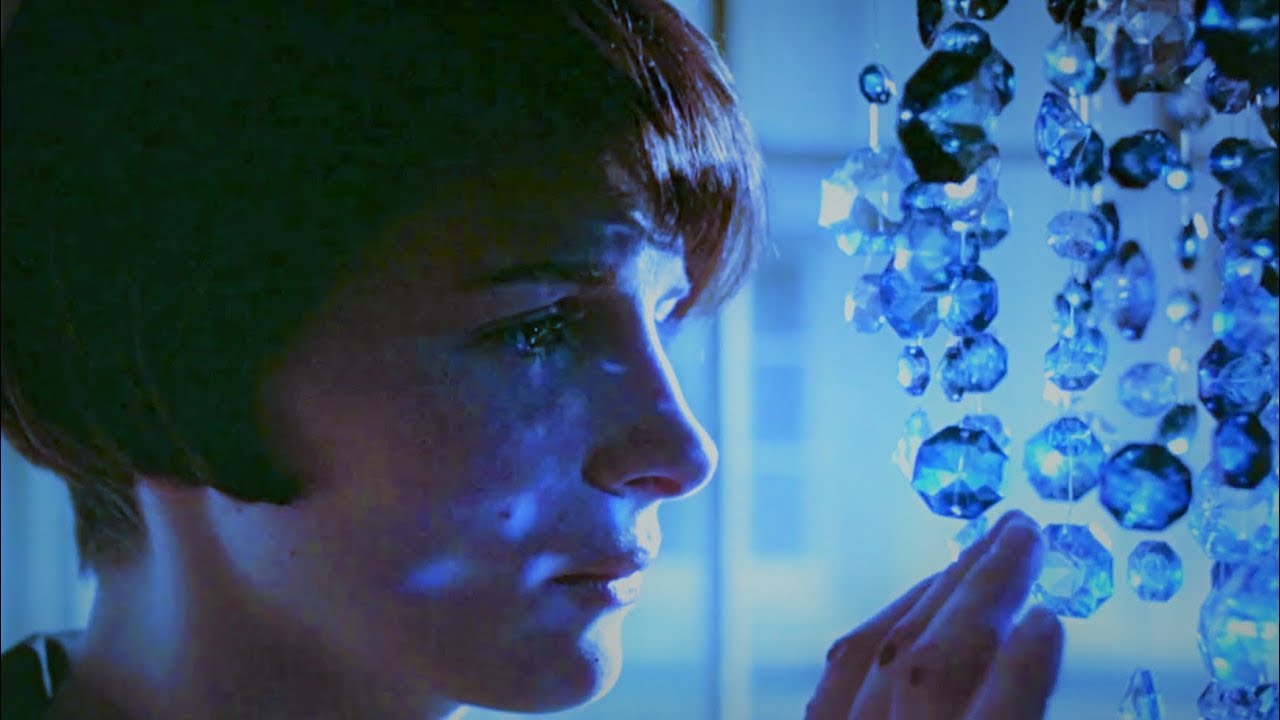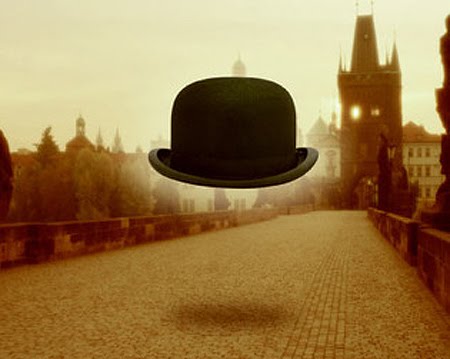The Color of Lies
 Saturday, January 26, 2008 at 14:27
Saturday, January 26, 2008 at 14:27  Rare is it that a translated title outdoes the original: director Claude Chabrol released this film as Au coeur du mensonge, "at the heart of the lie," which has a similar if more idiomatic flavor in French. More importantly, the English version suggests that more than one party may be lying, or, as is generally the case with liars, that deceit pervades every aspect of their existence. We modern beasts like to smear the term "pathological liar" on the untrusted as if such a label weren't redundant. But lying really is a habit and not an exception. Throughout the annals of history, it has remained the easiest and laziest way for us to improve aspects of our lives and dreams.
Rare is it that a translated title outdoes the original: director Claude Chabrol released this film as Au coeur du mensonge, "at the heart of the lie," which has a similar if more idiomatic flavor in French. More importantly, the English version suggests that more than one party may be lying, or, as is generally the case with liars, that deceit pervades every aspect of their existence. We modern beasts like to smear the term "pathological liar" on the untrusted as if such a label weren't redundant. But lying really is a habit and not an exception. Throughout the annals of history, it has remained the easiest and laziest way for us to improve aspects of our lives and dreams.The film is set in this coastal region of France famed for many things, including the shibboleths of the natives. Outsiders and settlers should plan on keeping those credentials for their entire stay. Such is the fate of René Sterne (Jacques Gamblin), a crippled teacher of drawing, and his wife Vivienne (the always remarkable Sandrine Bonnaire), a nurse whose persistent good humor is as much a product of lifelong study as René's art. They are being watched by a newly promoted police inspector (Valeria Bruni–Tedeschi, soon to become the sister–in–law of this world leader), not only because they, like she, do not belong in this provincial community. A horrible crime (quickly featured in the opening minutes) has also been committed and René, who imparted to the young girl his knowledge of drawing once a week, just so happens to be the last person to have seen the victim alive.
Regardless of these circumstances, it seems a bit ridiculous to suspect René at all; without his cane and the patience of his wife he would be little more than a wheelchaired invalid. Yet his soul, now almost completely resigned to its dreary end as a failed artist, has little room for mercy or pity, and the subject of its loathing could not be more perfectly represented than by Germain–Roland Desmot (Antoine de Caunes), an overhyped and talentless celebrity writer. Chabrol wisely does not grant us the mildest opportunity of sympathizing with Desmot, because Desmot is a caricature who deserves nothing but contempt. He is foul to his ex–wife on the phone, negligent of their child, arrogant and condescending to the locals, whom he sees as barely evolved past the shellfish they harvest, and lascivious towards the few pretty women in his vicinity. Worst of all, he stands for and believes in nothing except this degradation of the lives of others. Perhaps there is no Tolstoyan truth to be found among these simple folk, but Desmot (whose name is a homophone of "words") has nothing but lies to offer the world both in his books and speech.
Yes, Desmot is more involved than initially suspected, although this admission gives nothing away. What is more relevant are the immediate models for Chabrol's morality tale of the artist against the non–artist (a crystal–clear stratagem), and how unclear the morals in question actually are. There is another tale of, at once, supreme moral justice and moral ambiguity, and the antagonists in that story are an older man by the name of Chillingworth and a young priest called Dimmesdale. Vivienne makes a lovely Hester, both a sinner and readily sinned against and despised. And it is hard to live in truth if the only things people believe about you are all lies.




